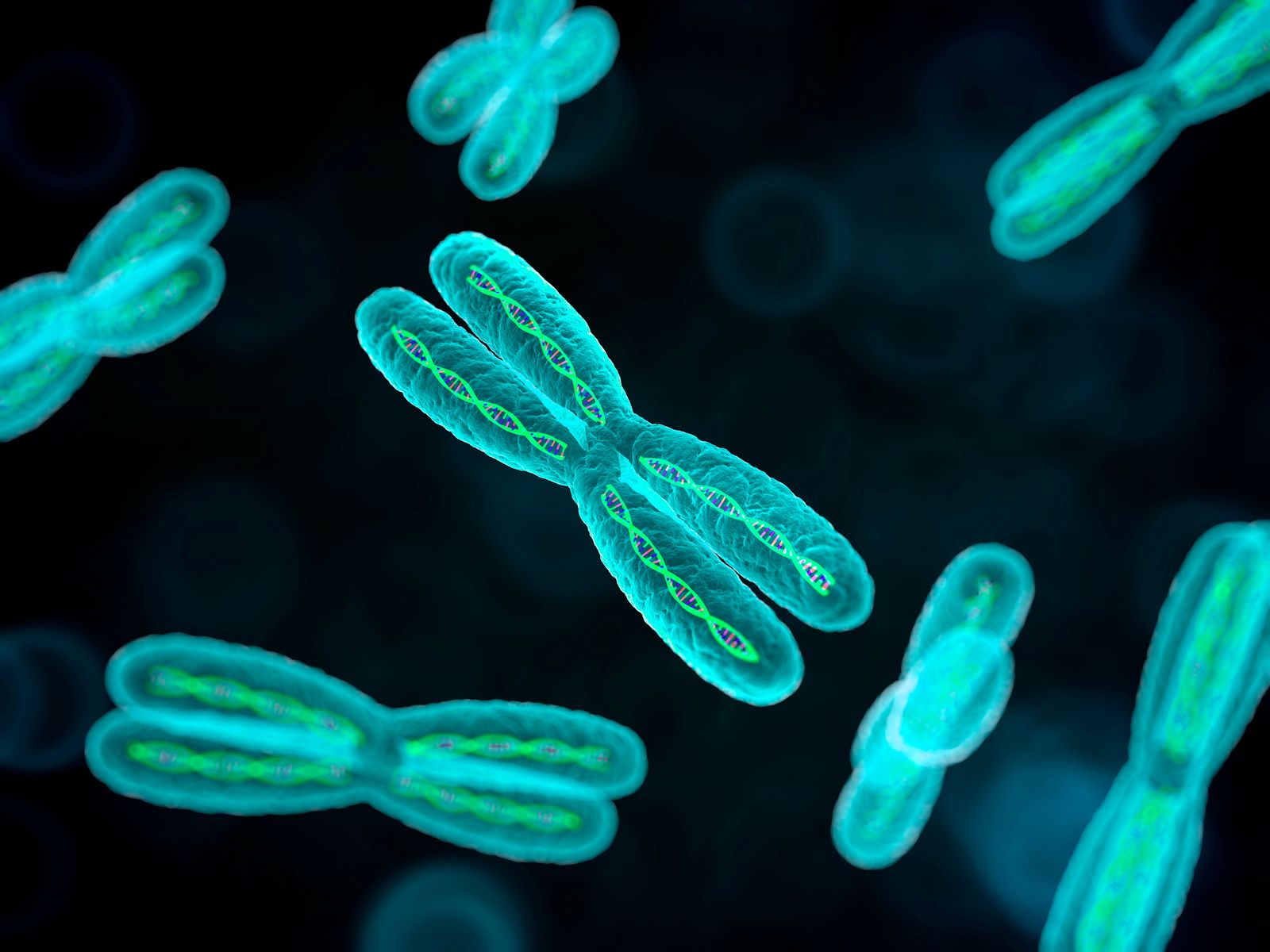SynHG: Pioneering the Principles of Human Genome Synthesis

Project Summary
Since the completion of the Human Genome Project at the start of the century, researchers have sought the ability to write our genome from scratch. Unlike genome editing, genome synthesis allows for changes at a greater scale and density, with more accuracy and efficiency, and will lead to the determination of causal relationships between the organisation of the human genome and how our body functions. To date, scientists have successfully developed synthetic genomes for microbes such as E. coli (Syn57). The genomes of higher organisms, such as mammals and plants, however, are on the scale of up to billions of bases (10^3 times larger than microbial genomes synthesised to date), and there are currently no technologies for writing these gigabase-scale genomes.
The aim of this multi-centre project is to develop the foundational and scalable tools, technology and methods needed to build human chromosomes and genomes to bridge this technical void. In combination with deep learning, genome synthesis may allow us to understand the rules underpinning natural human genomes. This will open entire new fields of research in human health and have profound impacts on biotechnology, which may include the development of safe, targeted, cell-based therapies. Methods developed for the synthesis of human genomes will also provide a foundation for the synthesis of the gigabase-scale genomes of crops, animals and other organisms with important applications in food security and sustainability, such as climate-resistant crops.
Potential Supervisors
- Professor Jason Chin (Founding Director, GBI, EIT & Professor of Chemistry and Chemical Biology, Department of Chemistry, University of Oxford)
Skills Recommended
- A Master’s Degree (or equivalent) in a relevant scientific discipline (e.g. Biology, Chemistry, Engineering, Computer Science)
- Experience of hands-on research in a laboratory setting
- Proven ability to work independently, think creatively, and solve complex problems
- Experience with data analysis, automation platforms, or computational tools relevant to the field
- Experience preparing publications and delivering scientific presentations
- Strong organisational skills and the ability to manage multiple parallel workstreams
- Excellent written and verbal communication skills, including the ability to collaborate across multidisciplinary teams
- A proactive mindset and enthusiasm for working in a fast-paced, high-growth research environment
University DPhil Courses
- DPhil in Chemistry
- Other courses to be added as GBI grows its faculty
Relevant Literature
Lee, EC., Liang, Q., Ali, H. et al. Complete humanization of the mouse immunoglobulin loci enables efficient therapeutic antibody discovery. Nat Biotechnol 32, 356–363 (2014). https://doi.org/10.1038/nbt.2825
J. F. Zurcher et al., Continuous synthesis of E. coli genome sections and Mb-scale human DNA assembly. Nature 619, 555-562 (2023).
A. L. V. Coradini, C. B. Hull, I. M. Ehrenreich, Building genomes to understand biology. Nat Commun 11, 6177 (2020).




